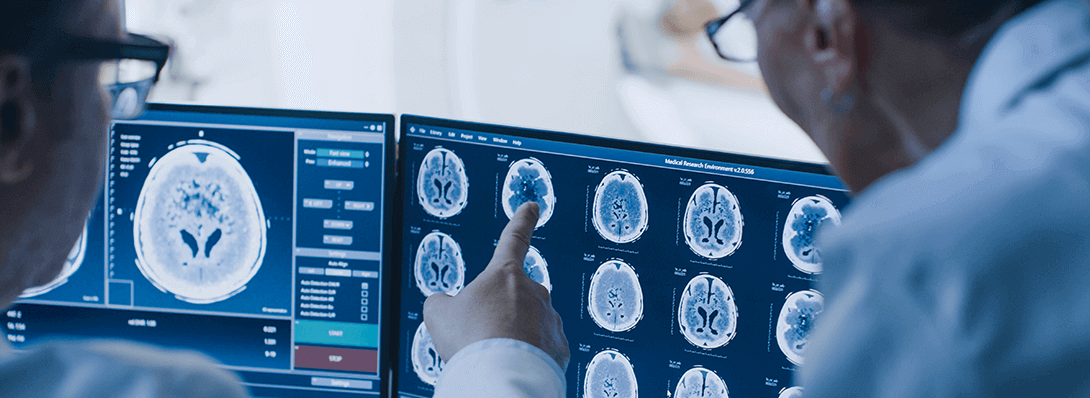A brain tumour is an abnormal growth of cells in the brain or its surrounding tissues. Brain tumours can be cancerous (malignant) or noncancerous (benign). In either case, early diagnosis is important for effective treatment. In this article, we will discuss the diagnosis of brain tumours and the different types of brain tumours.
Diagnosis of Brain Tumours:
The diagnosis of a brain tumour usually begins with a physical and neurological examination. During the physical exam, the doctor will check for signs of swelling, redness, or other abnormalities. The neurological exam will check for changes in vision, hearing, reflexes, and muscle strength.
If the doctor suspects brain cancer, additional tests may be needed to confirm the diagnosis and determine the type of tumour. These tests may include:
- Imaging tests: Imaging tests, such as magnetic resonance imaging (MRI) or computed tomography (CT) scan, can help visualise the brain and detect any abnormalities or tumours.
- Biopsy: A biopsy is the removal of a small piece of tissue from the tumour to be examined under a microscope for signs of cancerous or noncancerous cells.
- Blood tests: Blood tests can help detect certain substances that may be produced by some types of brain tumours.
- Lumbar puncture: In some cases, a lumbar puncture (spinal tap) may be performed to collect a sample of cerebrospinal fluid (CSF) for analysis.
Different Types of Brain Tumours:
There are two main types of brain tumours: primary and secondary.
1. Primary Brain Tumours: Primary brain tumours start in the brain itself and can be either benign or malignant. The most common types of primary brain tumours include:
a) Gliomas: Gliomas are tumours that start in the brain’s glial cells, which support and protect neurons. These tumours can be low-grade or high-grade, depending on their aggressiveness.
b) Meningiomas: Meningiomas are tumours that start in the meninges, the membranes that cover the brain and spinal cord. They are usually benign but can become cancerous over time.
c) Pituitary adenomas: Pituitary adenomas are tumours that start in the pituitary gland at the base of the brain. They are usually benign but can cause hormonal imbalances.
d) Schwannomas: Schwannomas are tumours that start in the Schwann cells, which wrap around nerves to support and insulate them. These tumours are usually benign but can become cancerous.
2. Secondary Brain Tumours: Secondary brain cancers, also known as metastatic brain tumours, occur when cancer cells from other parts of the body spread to the brain. The most common types of cancer that can spread to the brain include lung, breast, colon, and skin cancers.
Treatment of Brain Tumours:
The treatment of a brain tumour depends on the types of brain cancer, size, and location of the tumour, on-time brain tumour diagnosis as well as the patient’s overall health. Treatment options may include:
1. Surgery: Surgery is often the first line of treatment for brain tumours. The goal of brain tumour surgery is to remove as much of the tumour as possible while minimising damage to healthy brain tissue. In some cases, brain surgery may not be possible due to the location of the tumour.
2. Radiation therapy: Radiation therapy uses high-energy radiation to kill cancer cells. It may be used alone or in combination with other treatments. Radiation therapy can cause side effects, such as fatigue and hair loss.
3. Chemotherapy: Chemotherapy uses drugs to kill cancer cells. It may be given orally or intravenously and is often used
Conclusion
Diagnosing brain tumours on time by watching out for the brain tumour warning signs and seeking periodic brain tumour screening can open up a plethora of treatment and management measures. Consult with the expert neuro-oncologists at Apollo cancer Centre today to ensure holistic brain tumour diagnosis and treatment.





.png)





